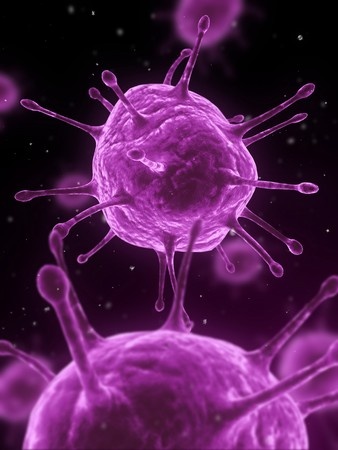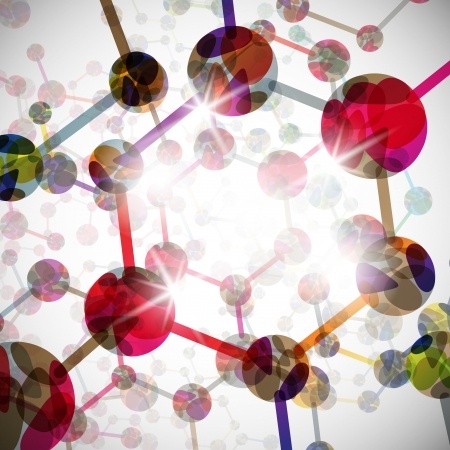Fossils, red meats scares, rewritable paper, speed of light and rocketry – just another fascinating collection of current science news stories is brought to you by SciNews.
SciNews is published every Monday and Thursday in STAOBlog. Stay tuned for more.
 Biology
Biology
Fossil discoveries show different pictures of life in Canada before humans. Globe and Mail
A pair of Canadian fossil discoveries is offering two very different but intriguing snapshots this week of animal evolution.
The first is a sea scorpion, one of several that have turned up over the past 20 years in a 430-million-year-old rock formation around Ontario’s Bruce Peninsula. A study published on Wednesday in the journal Biology Letters reveals that the outside segments of the scorpions’ walking limbs could have served as feet, allowing the marine creatures to walk while supporting their own weight. Read more…
Red Meat Increases Cancer Risk Because of Toxic Immune Response. Discover
Consumption of red meat has long been linked to the development of certain types of cancer. Now scientists believe they’ve found the culprit behind red meat’s carcinogenic effects. Read more…
Chemistry
Bio-Inspired Battery Could Help Green the Grid. Discover
The biggest hurdle to getting more electricity from renewable energy sources is the intermittency of the sun and wind — a problem that better batteries with less expensive materials could solve by storing large amounts of energy until needed. Read more…
Rewritable paper: Prints with light, not ink. Science News for Students
A new type of paper can be used and reused up to 20 times. What’s more, it doesn’t require any ink. Its designers think that this new technology could cut down on tons of waste — and save people tons of money. Read more…
Physics
Speed of light not so constant after all | Science News
Light doesn’t always travel at the speed of light. A new experiment reveals that focusing or manipulating the structure of light pulses reduces their speed, even in vacuum conditions. Read more…
 Earth and Space Science
Earth and Space Science
Christmas comes late to space station as supply ship brings belated presents, groceries. Globe and Mail
A shipment of much-needed groceries and belated Christmas presents finally arrived Monday morning at the International Space Station.
The SpaceX company’s supply ship, Dragon, pulled up at the orbiting lab two days after its liftoff. Station commander Butch Wilmore used a robot arm to grab the capsule and its 5,000 pounds of precious cargo, as the craft soared more than 260 miles above the Mediterranean. Read more…
Planets outside our solar system may be more hospitable to life than thought, research suggests. Science Daily
Astrophysicists suggest that exoplanets are more likely to have liquid water and be more habitable than once thought. If correct, there would be no permanent, cold night side on exoplanets causing water to remain trapped in a gigantic ice sheet. Whether this new understanding of exoplanets’ climate increases the ability of these planets to develop life, however, remains an open question. Read more…



